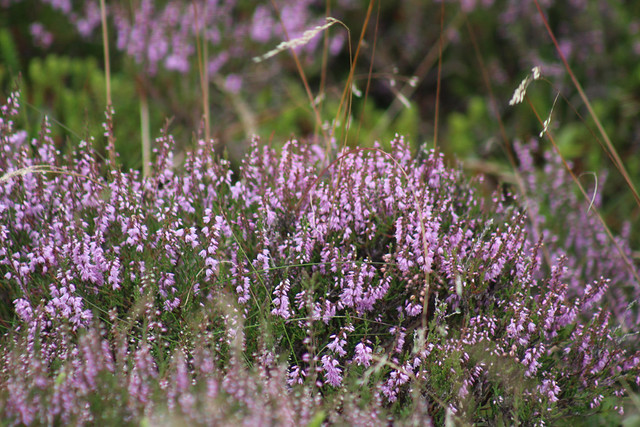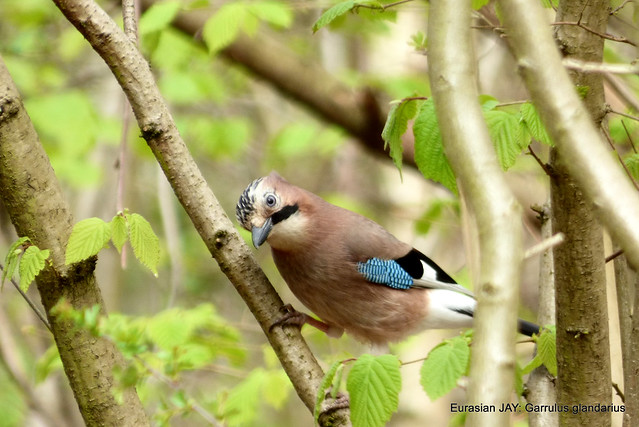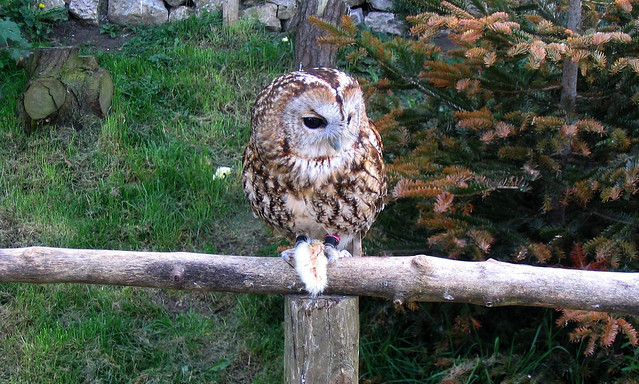Words for barnacle, limpet and related things in Celtic languages.
Words marked with a * are reconstructions.
| Proto-Celtic | *barinākos = barnacle, limpet |
|---|---|
| Gaulish | *barinākā = barnacle, limpet |
| Old Irish (Goídelc) | *bairnech = limpet |
| Middle Irish (Gaoidhleag) | bairnech, báirnech = limpet(s) |
| Irish (Gaeilge) | bairneach [ˈbˠɑːɾˠn̠ʲəx] = limpet |
| Scottish Gaelic (Gàidhlig) | bàirneach [baːr̪ˠn̪ʲəx] = barnacle, limpet |
| Manx (Gaelg) | baarnagh, barnagh, bayrnagh = barnacle guiy bayrnag = barnacle goose |
| Middle Welsh (Kymraec) | brennik = limpets |
| Welsh (Cymraeg) | brennig = limpets brenigen = limpet |
| Middle Cornish | brennic = limpets brennigen = limpet |
| Cornish (Kernewek) | brennik = limpets brenigen, bernigen = limpet |
| Middle Breton | brennik = limpet |
| Breton (Brezhoneg) | brennig [ˈbrɛ.nːik] = barnacles, limpets brennigenn = barnacle, limpet brennika = to fish for limpets brennikaer = limpet fisherman |
Etymology: from the Proto-Celtic *barinā (rocky ground), and *-ākos (involved with, belonging to) [source].
Words from the same Proto-Celtic roots, via the Gaulish *barinākā and the Latin barnēca (barnacle goose, barnacle, limpet), include bernache (barnacle) in French, barnacle in English, barnacla (brent/brant goose – Branta bernicla) in Spanish [source].
| Old Irish (Goídelc) | gigrann = barnacle goose |
|---|---|
| Middle Irish (Gaoidhleag) | gigrann, giugrann = wild goose, barnacle goose |
| Irish (Gaeilge) | giúrann = barnacle, shipworm, barnacle (goose) giúrannach = encrusted with barnacles |
| Scottish Gaelic (Gàidhlig) | giùran [gʲuːran] = barnacle |
| Middle Welsh (Kymraec) | gwyran = barnacle goose, barnacles |
| Welsh (Cymraeg) | gwyran = barnacle goose, barnacles |
| Old Breton (Brethonoc) | goirann = barnacle goose, barnacles |
Etymology: possibly from the Proto-Celtic *gezdā (goose) – probably of imitative origin [source]. For more details of words for goose in Celtic languages, this post.
Sources: Wiktionary, Am Faclair Beag, Online Manx Dictionary, Teanglann.ie, eDIL – Electronic Dictionary of the Irish Language, In Dúil Bélrai English – Old Irish glossary, Geiriadur Prifysgol Cymru, Gerlyver Kernewek, Lexicon Cornu-britannicum: A Dictionary of the Ancient Celtic Language of Cornwall, Dictionaire Favereau, TermOfis, Le dictionnaire diachronique du breton, Etymological Dictionary Of Proto Celtic












